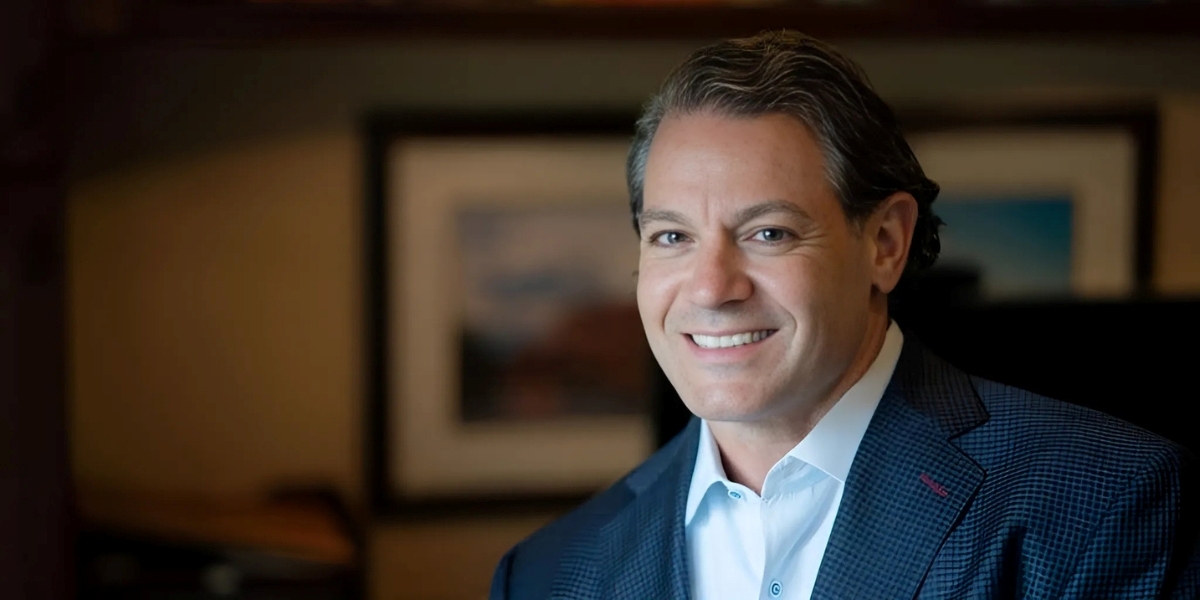How Does Social Media Influence Communication in Relationships?
Social media has transformed the way people connect and communicate. It allows individuals to stay in touch across distances, share moments instantly, and express themselves publicly. These platforms offer opportunities for maintaining friendships and family bonds that might otherwise weaken over time. In many cases, social media helps people feel closer by providing constant access to updates and messages.
However, this constant connectivity can also create challenges. Online communication lacks the depth of face-to-face interaction. Nuances like tone, facial expressions, and body language are often lost, leading to misunderstandings. When conversations occur mainly through brief posts or messages, relationships may suffer from a lack of meaningful dialogue. This can result in feelings of loneliness despite being digitally “connected.”
Social media’s design encourages frequent checking and sharing, which sometimes distracts people from present moments with loved ones. When attention is divided between screens and real-life interactions, emotional bonds may weaken. Overreliance on virtual communication can reduce opportunities for genuine, in-person experiences that build trust and intimacy.
Read also: What Are Crucial Conversations and Why They Matter
What Positive Effects Does Social Media Have on Personal Bonds?
Social media can strengthen personal relationships by offering new ways to support and encourage others. Celebrations, achievements, and daily updates can be shared easily, fostering a sense of involvement. For people separated by distance or busy schedules, social media bridges gaps and keeps connections alive.
Additionally, social platforms provide spaces for communities and support networks. They allow individuals to find others with similar interests or experiences, reducing feelings of isolation. These connections can improve mental health and provide valuable emotional support. When used thoughtfully, social media encourages empathy and understanding across diverse groups.
In times of crisis or change, social media often acts as a vital tool for maintaining contact and sharing information. It enables quick responses and collective support, reinforcing social bonds. These positive uses show how social media can be a force for good when balanced with offline relationships.
How Can Social Media Negatively Affect Relationship Quality?
Despite its benefits, social media can harm personal relationships if not managed carefully. One common issue is the tendency to compare oneself to others. Constant exposure to curated and idealized portrayals of life may lead to feelings of inadequacy and jealousy. This can create tension and insecurity within relationships.
Privacy concerns also arise, as sharing too much online may lead to misunderstandings or conflicts. Differences in social media habits between partners or friends can cause disagreements. For example, excessive posting or online interactions with others might generate mistrust. Social media can sometimes become a source of distraction, reducing meaningful face-to-face time.
Moreover, excessive social media use can contribute to emotional exhaustion and reduce the quality of attention given to loved ones. When interactions become superficial or focused on public approval, relationships risk losing authenticity. This erosion of trust and closeness may eventually weaken bonds.
What Strategies Help Balance Social Media Use in Personal Relationships?
Finding a healthy balance between social media and real-life interactions is essential for maintaining strong personal relationships. Setting boundaries on screen time and prioritizing face-to-face communication can improve connection quality. People benefit from being fully present during in-person moments, without the distraction of devices.
Open communication about social media expectations within relationships is also important. Discussing what is comfortable to share publicly and respecting each other’s privacy can prevent conflicts. Encouraging honesty and trust helps partners and friends navigate online interactions more smoothly.
Mindful use of social media—focusing on genuine engagement rather than passive scrolling—can foster deeper connections. Taking breaks from platforms and spending time together offline reinforces emotional bonds. By using social media as a tool rather than a substitute, relationships can thrive in both digital and real-world environments.
Social media has both positive and negative effects on personal relationships. It can enhance connection and support but also introduce challenges related to communication, trust, and attention. The impact largely depends on how individuals use these platforms and balance them with face-to-face interactions. Thoughtful, intentional use of social media allows relationships to benefit from technology without sacrificing depth and authenticity.





